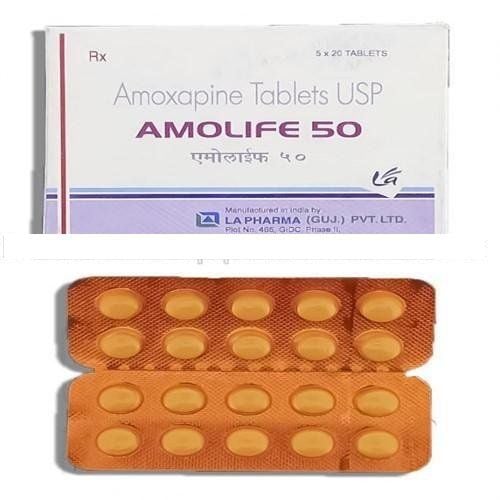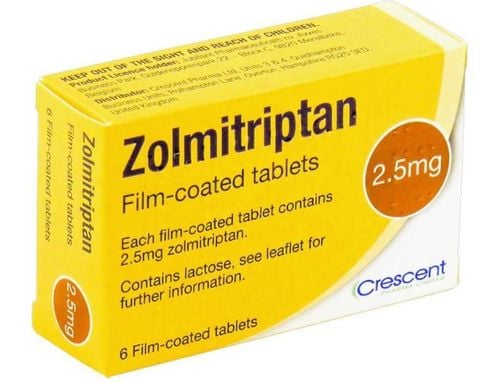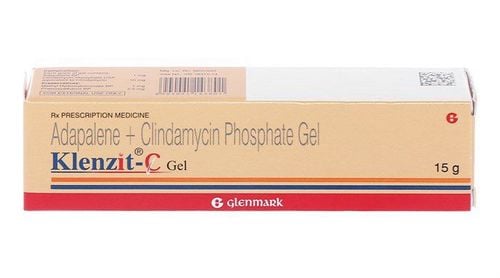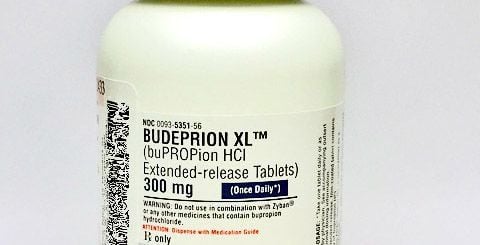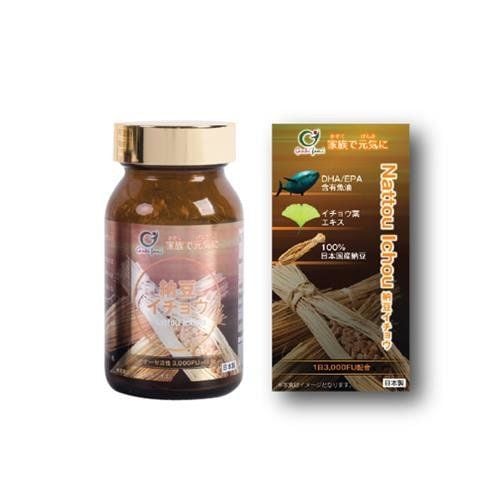This is an automatically translated article.
According to the Anxiety and Depression Association of America, anxiety disorders affect 40 million adults in the United States each year. At least 1 in 5 people will experience chronic itching at some point in their lives. However, it is difficult to determine how many people experience anxiety itch, also known as psychological itch.
1. What causes anxiety and day itching?
Anxiety (especially chronic anxiety) can affect a patient's health in a variety of ways, some of which can be related to certain skin problems. Some patients just think about a brief moment of embarrassment that can make them blush, or anxiety causes some people to develop hives on their skin. Total mental or emotional stress can lead to some severe itchiness.
The human brain is always in contact with nerve endings in the skin. When anxiety is present, the body's stress response can be overwhelmed. This affects the nervous system and causes symptoms such as a burning sensation or itchy skin.
Psychogenic itching can appear on any area of the skin, including the arms, legs, face and scalp. The itching may be intermittent or sometimes quite persistent. In particular, anxiety and itching can occur at the same time or separately.
Even if the cause of the itch is anxiety, other serious skin problems can develop if the patient scratches too much or too vigorously. This leads to skin irritation, abrasions, or bleeding and sometimes infection. It should be noted, however, that the act of scratching probably will not relieve the patient of the itch too much.
In contrast, some dermatological conditions that cause incessant itching may precede and be a cause for concern.
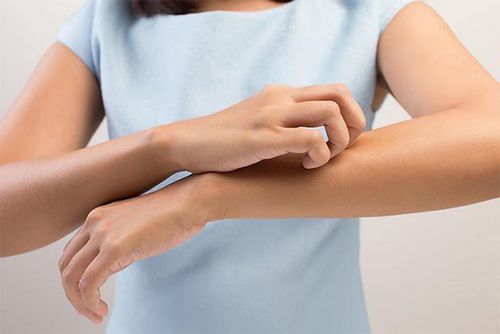
Ngứa do tâm lý có thể xuất hiện ở cánh tay
2. How to diagnose psychological pruritus?
Patients can completely experience 2 symptoms at the same time and not related to each other. That is, the patient is both worried and itchy due to completely different causes. Depending on the specific symptoms of the patient, the doctor will examine to find other causes of itchy skin, such as:
Allergies; Dry skin; Eczema ; Insect bites and stings; Psoriasis ; Scabies. Most of these causes can be identified on a thorough examination. Itchy skin can also be a rare symptom of diseases such as:
Anemia; Cancers such as lymphoma and multiple myeloma; Diabetes ; CKD; Liver failure; Multiple Sclerosis ; Thyroid problems. To help the doctor diagnose the most accurate cause of itching, the patient needs to talk to them about the following:
Medical history, including pre-existing conditions, allergies and medications; Symptoms of anxiety or depression ; Any possible physical symptoms, even if they seem unrelated. This information will help your doctor guide the diagnosis.
3. What is the treatment for mental itch?
Treatment will depend on the specific cause of the anxiety and itchiness. Regardless of the cause, persistent itching can have a negative impact on a person's quality of life. Therefore, the doctor will try to find the appropriate and effective treatment.
To treat psychosomatic pruritus, the patient may need to be seen by 1 or 2 specialists, including:
Psychiatrists help the patient learn to manage anxiety and reduce levels of anxiety. itchiness; Dermatologist if the patient's skin also has problems. In addition, psychologists can also help with dermatological problems related to anxiety. Treatment of psychological itching may include:
Corticosteroids, topical creams or ointments for temporary relief of itching; Oral selective serotonin reuptake inhibitor: This is an antidepressant that can relieve chronic pruritus in some subjects; Light therapy sessions help control itching; Some of the things patients can apply to relieve psychological itching:
Use a hypoallergenic, fragrance-free moisturizer daily; Use a humidifier to help the skin retain moisture; Avoid wearing rough clothes, taking hot showers, strong sunlight, or doing anything else that causes itching; Using over-the-counter products such as corticosteroid creams, calamine lotions, or topical anesthetics; When itching, wear gloves or cover your skin to avoid scratching too much; Trim fingernails neatly so scratching is less likely to damage the skin. Stress is a factor that can aggravate itching, so people can take the following steps to reduce stress levels such as:
Acupuncture; Deep breathing exercises; Meditate ; Yoga. A therapist can offer behavior modification therapies and other strategies to reduce anxiety. You need to maintain a healthy diet, get plenty of sleep each night, exercise regularly, and try to deal with any underlying medical conditions or illnesses.

Tập yoga có tác dụng cải thiện tình trạng ngứa do tâm lý
4. When to see a doctor if worried and itchy?
Anxiety and itchiness can occur and go away quickly. If these two signs are only transient and do not cause major problems, the patient may not need to see a doctor. If anxiety and itching interfere with daily activities or cause skin damage and infections, see your doctor as soon as possible. The physician can then refer the patient to the appropriate specialist.
Without proper treatment, the cycle of anxiety and itching can repeat, increasing the severity of the anxiety syndrome. In addition, the itching that causes people to scratch frequently can lead to serious skin problems.
However, anxiety and itching can be effectively treated. This process can take some time, but with the guidance of a therapist, it is entirely possible to learn how to manage anxiety and ultimately resolve the itch.
In short, regardless of which symptom comes first, anxiety and itchiness can be related. The combination of anxiety management and good skin care habits are ways to help patients break the cycle and possibly get rid of persistent psychological itching.
Please dial HOTLINE for more information or register for an appointment HERE. Download MyVinmec app to make appointments faster and to manage your bookings easily.
Reference source: healthline.com




